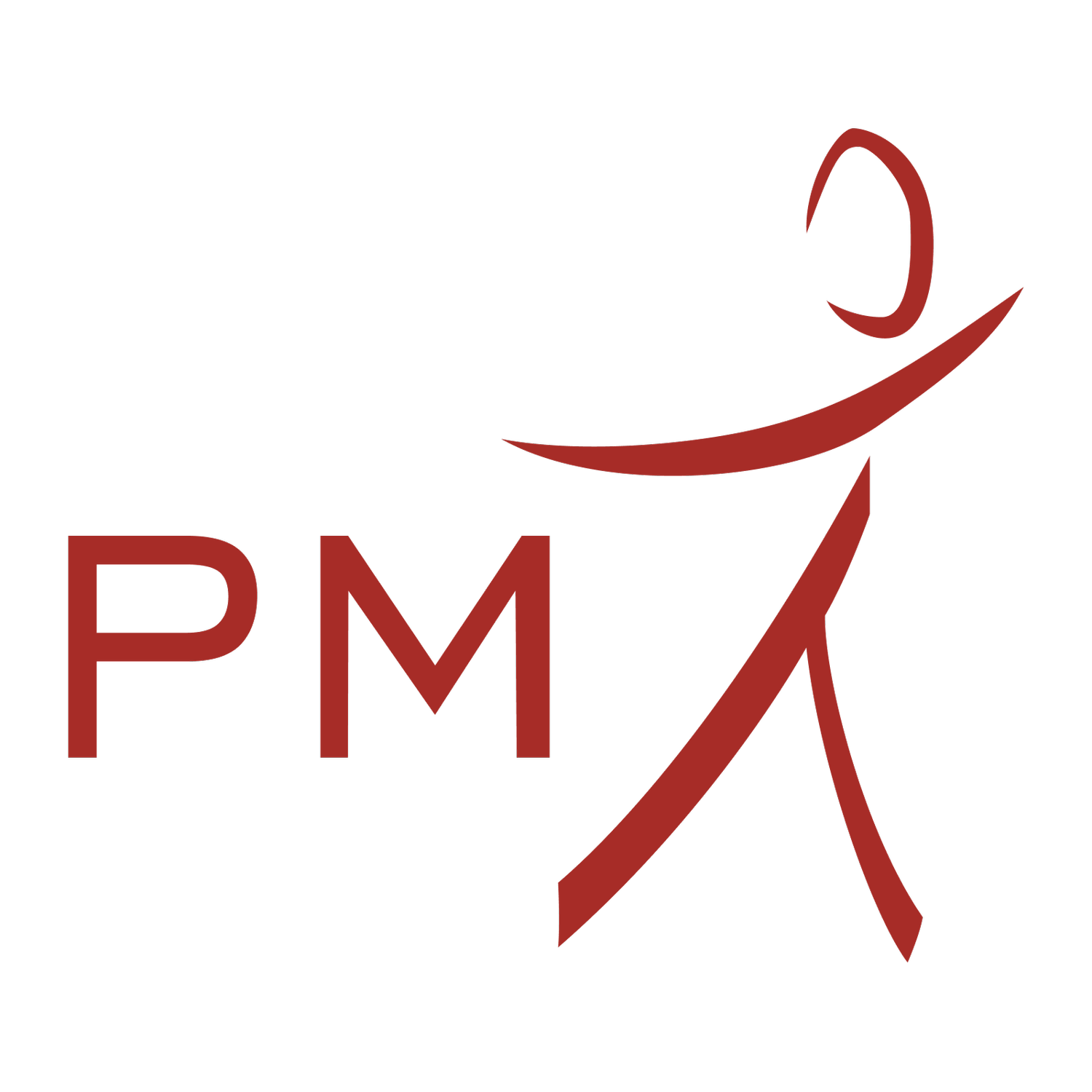Bone Health & Menopause
Menopause occurs when your menstrual cycle stops for 12 months continuously, typically around 50 years of age. It is marked by a significant drop of women’s sex hormones oestrogen and progesterone.
Testosterone also drops albeit at a slower rate. Menopause can have various effects on women’s overall health.
These effects include:
Temporary changes in cognitive function
Mood swings, depression and anxiety
Urological conditions
Sexual health
Sleep disturbances
Hot flashes
Joint aches
Changes in body composition
Overall changes in physical health and fitness.
During menopause, physical health and fitness declines. Below are some of the changes that occur:
Changes in body composition
Menopause can be associated with changes in body composition including an increase in abdominal fat and a decrease in muscle mass. These changes can affect body weight, body fat percentage and overall body shape.
Joint and muscle discomfort
Some women may experience joint and muscle discomfort during menopause. Hormonal changes can contribute to joint stiffness, aches and muscle soreness.
Impact on cardiovascular health
Oestrogen has a significant protective effect on cardiovascular health and its decline during menopause can increase the risk of heart disease.
Bone density changes
Oestrogen plays a vital role in maintaining bone health by regulating bone metabolism to make new bone cells.
Peak bone density occurs at approximately 25-30 years old. It is also the age when your body cannot deposit as much bone tissue and you must rely on sufficient dietary intake and oestrogen to maintain bone tissue health.
The decline in oestrogen levels during menopause can lead to decreased bone density and elasticity - the latter is what increases the risk of osteoporosis.
On average, women can lose up to 10% of their bone mass within the first five years after menopause and fractures are more common among women with osteoporosis.
Reduced muscle mass and strength: With declining oestrogen levels, women may experience a gradual loss of muscle mass and strength. This loss of muscle can impact overall physical fitness and functional abilities.
Diagnosing Osteoporosis
Diagnosis employs a specialised X-ray technique called dual energy X-ray absorptiometry (DXA). This measures bone density usually in the spine and hip. Ask us if a DXA scan would be appropriate for you.
-
For individuals suffering from osteopenia or osteoporosis from perimenopause through to post-menopause, we recommend Strength and Conditioning to manage long term health risks, whilst simultaneously alleviating any immediate symptoms. We are very pro-active in the management of bone health, in particular as it relates to hormonal dysregulation and will review your overall medical approach aiming to halt or reverse sub-optimal bone health.
-
Engaging in regular resistance training exercises can help mitigate muscle loss, promote muscle strength and improve overall physical performance.
Regular aerobic exercises, such as brisk walking, jogging, cycling or swimming can help maintain cardiovascular fitness, improve heart health, and reduce the risk of heart disease.
Stretching exercises and low-impact activities (e.g., swimming, cycling), and appropriate warm-ups and cool-downs, can help alleviate discomfort and promote joint flexibility. Having more muscle mass also reduces loads on joints to reduce discomfort.
-
Customised Approach: Our Physiotherapists develop individualised plans considering medical history, fitness level and your specific needs, ensuring an effective training experience. We work closely with our Nutrition team and medical doctors to ensure that all factors relating to bone health are considered to optimise your training program - a very direct and targeted approach.
Bone Health: We incorporate weight-bearing resistance and appropriate levels of high intensity interval exercises that stimulate bone growth, elasticity and density to reduce the risk of fractures.
Muscle Support and Joint Health: Our program strengthens muscles and bones providing vital support to the skeletal system and promoting joint stability.
Balance and Fall Prevention: With exercises targeting balance and stability, we help prevent falls that are a common concern in reducing the risk of fractures.
Hormonal Balance and Overall Well-Being: Our strength training can contribute to hormonal balance helping manage symptoms associated with perimenopause and all stages of menopause, whilst also enhancing overall mental well-being due to the hormonal effects on the brain as a result of exercise.
-
As Physiotherapists, we focus on the urological conditions, joint aches, body composition, physical and sexual health. We work closely with medical practitioners to tailor a holistic approach to help alleviate the symptoms of menopause. We strongly recommend you to consult a medical professional who specialises in hormone replacement therapy (HRT) to discuss whether you are a suitable candidate.
-
You may have heard concerns with HRT, as reported by the Women’s Health Initiative study in 2003. These risks have now been re-evaluated. For the vast majority of women, HRT is safe when administered by an appropriate medical professional and is very effective in alleviating the symptoms of menopause.







